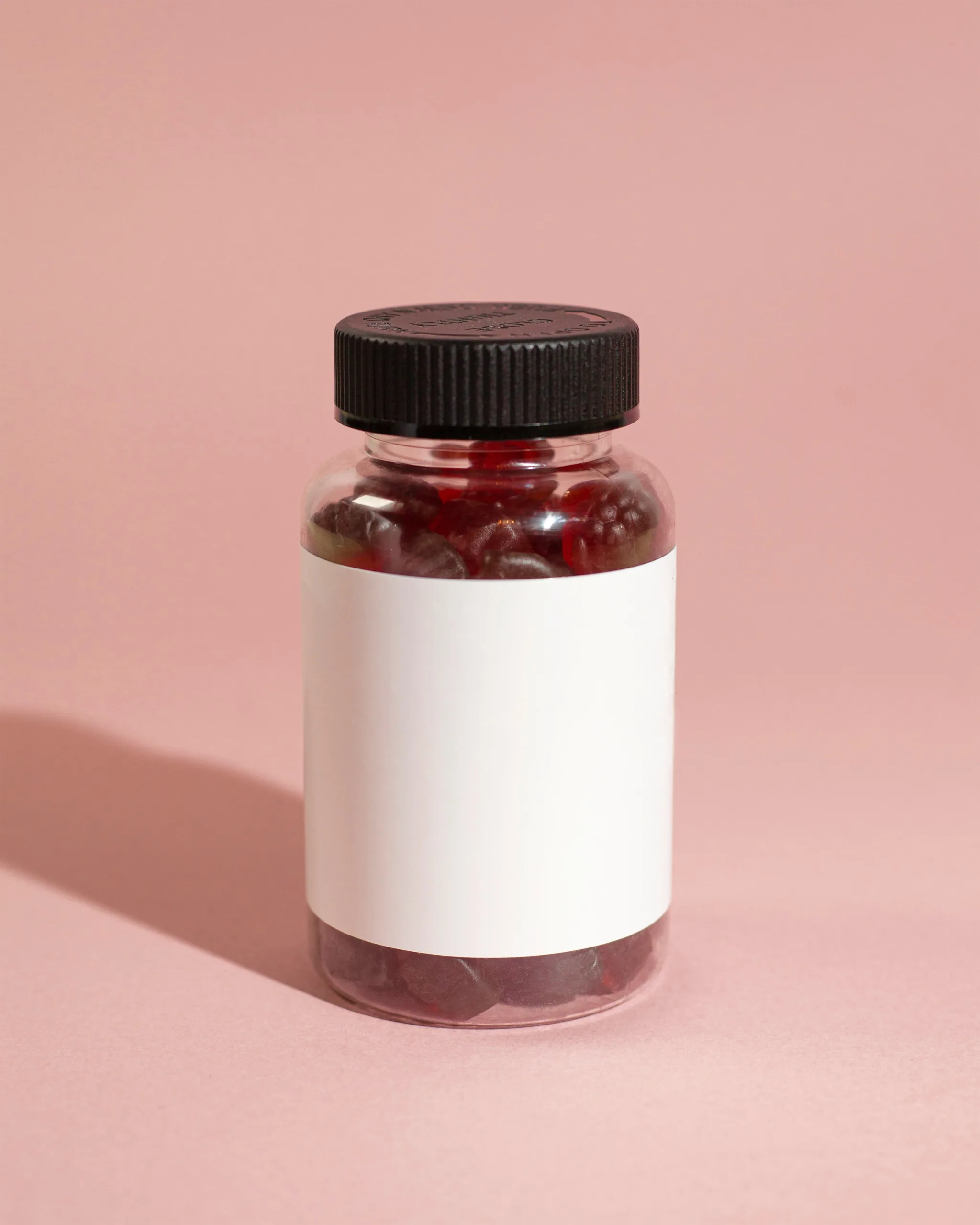Fez – New research by the University of Maine suggests that lowering homocysteine with targeted B vitamins could bring down blood pressure in people whose numbers stay high despite medication.
A release by the university, summarizing an editorial in the “American Journal of Hypertension,” reports average reductions of roughly 6–13 mmHg when patients supplement folate (B9,) riboflavin (B2,) B6, and B12 under medical guidance.
Homocysteine is a naturally occurring amino acid involved in one-carbon metabolism. When levels rise—because of genetics or low B-vitamin status—small blood vessels may constrict, nudging blood pressure upward.
While many labs still flag up to 11.4 μmol/L as “normal,” the authors argue clinicians should aim closer to ≤10 μmol/L in hard-to-treat cases, per the AJH editorial.
Precision may matter. In patients with the common “MTHFR 677TT” genotype, low-dose riboflavin improved blood-pressure control beyond standard drugs in a randomized trial. Broader evidence points to modest average benefits from folate as well, though effects vary by population and study design.
Why it matters in Morocco: Hypertension burdens households and clinics alike.
Roughly 35% of Moroccan adults aged 30–79 live with high blood pressure, according to a WHO analysis reported by Morocco World News. Yet control remains elusive: a 2024 analysis from primary-care centers in Marrakech found 73.5% of patients were still uncontrolled.
Bottom line: Supplements aren’t substitutes for prescribed therapy, but the homocysteine pathway is gaining attention.
If you have stubborn readings, speak with your clinician about testing homocysteine and whether a targeted B-vitamin plan makes sense alongside lifestyle changes and medication—grounded in evidence from the AJH editorial, the UMaine overview, and genotype-focused clinical trials.
















